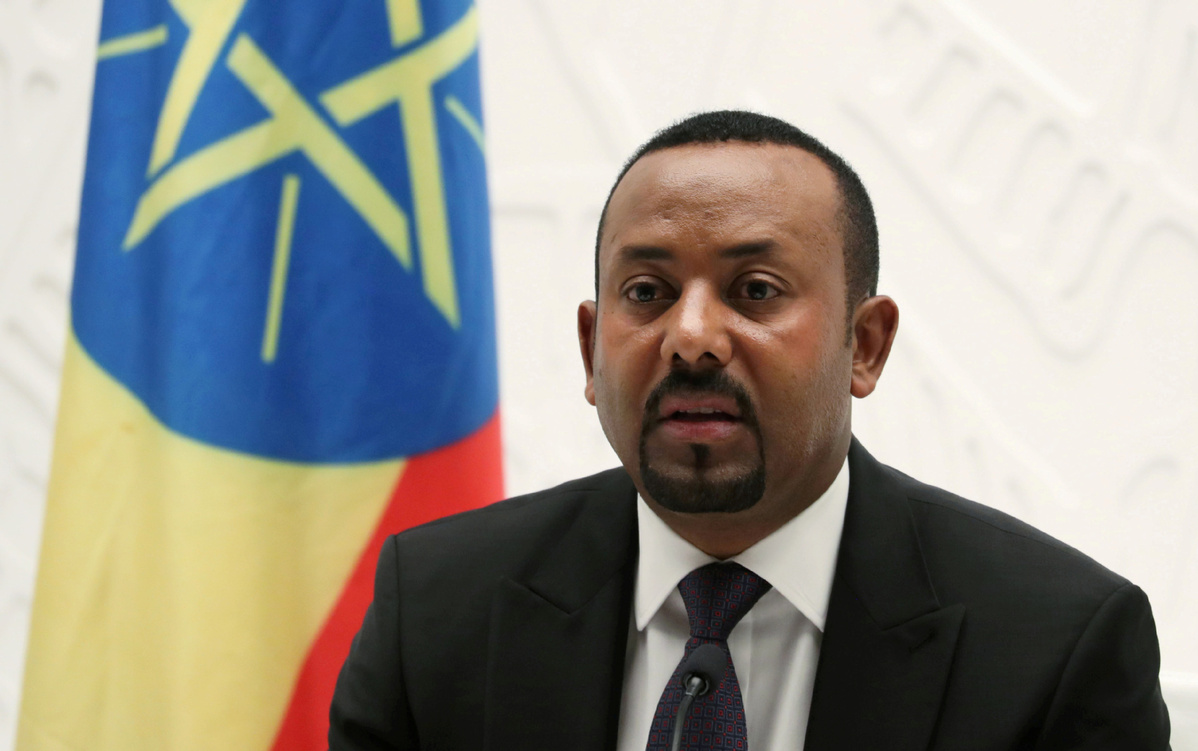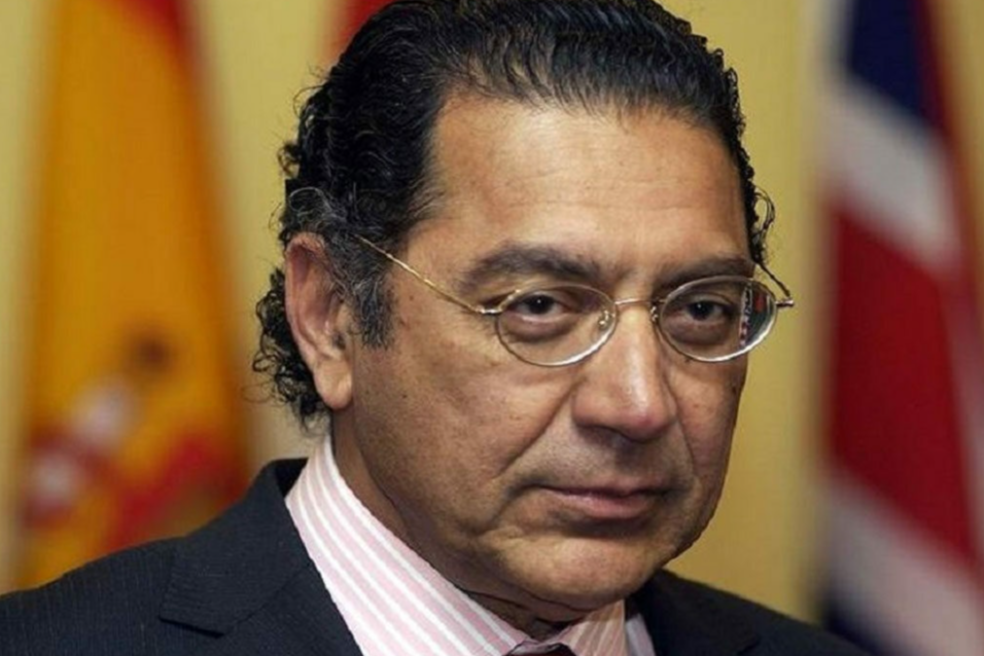Ethiopian prime minister wins Nobel Peace Prize


Ethiopian Prime Minister Abiy Ahmed became the recipient of the 100th Nobel Peace Prize on Friday when he was named by Norway's Nobel Committee.
He was honored for his "efforts to achieve peace and international cooperation, and for his decisive initiative to resolve the border conflict with neighboring Eritrea".
Ahmed's office tweeted in response that Ethiopia was "proud as a nation" to have won.
Norway's Nobel Committee said it "hopes the peace agreement (between Ahmed and President Isaias Afwerki of Eritrea) will help to bring about positive change for the entire populations of Ethiopia and Eritrea".
The committee also said it had recognized Ahmed's intention of carrying out democratic elections next year but a spokesperson said: "Rome was not made in a day, and neither will peace and democratic development be achieved in a short period of time."
The award is made annually to people "who have conferred the greatest benefit to humankind" in the previous 12 months. Past winners include former United States president Barack Obama, who won in 2009 for "his extraordinary efforts to strengthen international diplomacy and cooperation between peoples". Child education activist Malala Yousafzai also won in the past, as did Mother Teresa of Calcutta.
Ahmed will receive prize money, and make a speech in Norway at some future date. The prize money awarded is usually 741,000 pounds ($923,000). Ahmed will be formally presented with his award in Oslo, Norway, on Dec 10, the anniversary of the death of Alfred Nobel, the industrialist whose bequest set up the prize.
The committee that chose this year's winner was tight-lipped, as usual, about who was in the running for the prize in the run-up to Friday's announcement but did say that is had been considering 301 candidates, of which 223 were individuals and 78 were organizations.
The prize has been presented most years since it was established in 1901, to those who have "done the most or the best work for fraternity between nations, for the abolition or reduction of standing armies and for the holding and promotion of peace congresses".





























